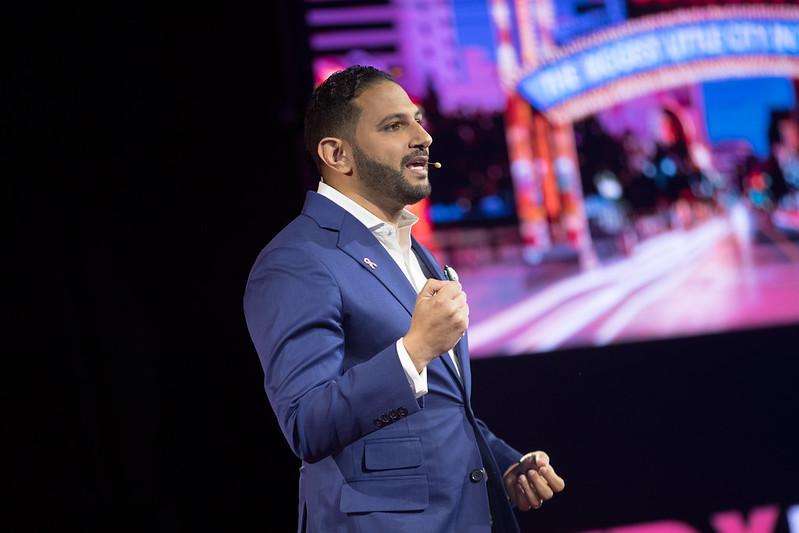Dr. Ahmed Zaafran begins his TEDx Talk,
A Data-Driven Solution for Preventing Opioid Dependence and Addiction, with a simple yet powerful comparison: “Imagine you went to rent a car and they told you that two out of 10 cars had no brakes.” This analogy brings to light the danger patients face when prescribed opioids after surgery, a risk that Dr. Zaafran is committed to mitigating.
Education and Awareness: Empowering Patients and Practitioners
By educating patients and doctors about the risks and alternatives, we empower them to make better decisions. As Zaafran asserts,
“Doctors are more present, more cognizant, and aware of the challenges, and they want to have these conversations with you.” It’s about creating a collaborative environment where informed choices lead the way.
Empathy: The Heart of Healing
In Zaafran’s approach, empathy isn’t just a soft skill—it’s a critical component of effective healthcare. Understanding the patient’s experience, their fears, and their hopes, allows for a more personalized and humane approach to treatment. It’s not just about prescribing medication; it’s about addressing the whole person.
A Personalized Approach: The Case of Samantha
Zaafran illustrates this approach through the story of a patient named Samantha. By making her the center of her care and leveraging technology for continuous health monitoring, the team was able to provide care that was responsive to her changing needs. This approach acknowledges that “
there are good days, there are bad days, there are terrible days, and there are amazing days.” By capturing this in one program, Zaafran and his team could deliver care when Samantha needed it most, exemplifying a data-driven yet empathetic approach.
Opioid Prevention = Education, Awareness, & Empathy
There is no one-size-fits-all solution when it comes to preventing opioid dependence. It requires a concerted effort from patients, healthcare providers, and the community. Education, awareness, and empathy are not just buzzwords; they are actionable strategies that can change lives. As Zaafran puts it,
“We can prevent opioid dependence before it happens.”
Join the Discussion
We invite you to share your thoughts on Dr. Zaafran’s approach. How can we implement these solutions more broadly in healthcare? Your opinions and experiences are valuable to this conversation.


